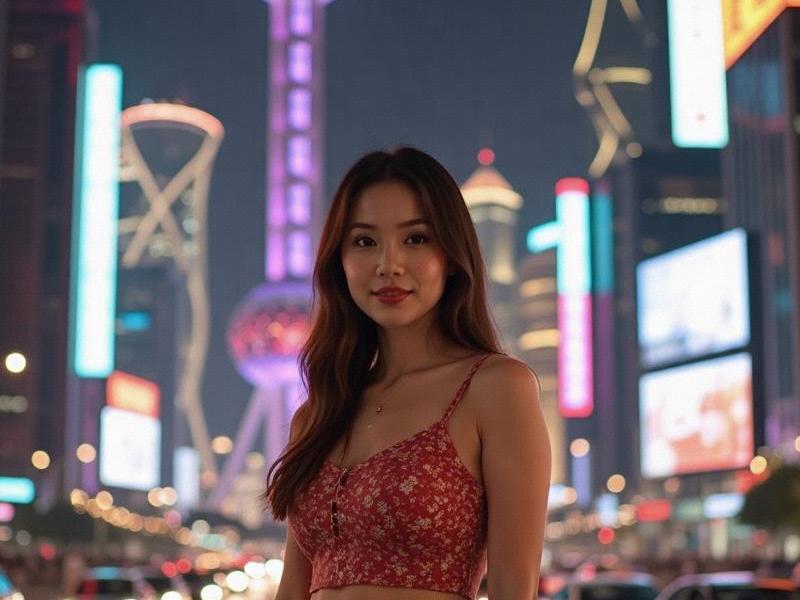This investigative report examines Shanghai's high-end entertainment industry, tracing its evolution from historic jazz clubs to today's ultra-exclusive membership venues that blend Eastern hospitality with Western luxury concepts.

[The Golden Age Reimagined]
At 9:30 PM on a Thursday evening, the amber glow of Art Deco lamps illuminates the marble entrance of Paramount Club Shanghai - a faithful recreation of the legendary 1930s dance hall now catering to China's new aristocracy. Inside, scions of tech billionaires sip vintage cognac beside third-generation factory owners, while Russian ballet dancers-turned-performers execute precision choreography above the champagne lounge. This is modern Shanghai nightlife: where historical nostalgia meets contemporary excess through carefully engineered experiences.
[The Three Eras of Shanghai Entertainment]
1. The Colonial Era (1920s-1940s):
- Jazz clubs and ballrooms along the Bund
- First wave of Western-style entertainment
- Cabaret culture blending Chinese and European influences
2. The Reform Period (1990s-2010s):
- KTV palaces dominating business entertainment
- Luxury hotel bars attracting global elites
- First private membership clubs emerging
3. The Contemporary Scene (2020s-present):
上海神女论坛 - "Experiential" venues replacing traditional clubs
- Membership-based cultural salons
- High-tech immersive entertainment complexes
[The New Economics of Exclusivity]
Shanghai's premium venues now operate on innovative models:
- ¥880,000 ($120,000) annual membership fees at top clubs
- 92% occupancy rates despite minimum ¥5,000/person spending
- "Social capital" measured by venue access rather than property
- Corporate memberships accounting for 68% of revenue
[The Experience Architects]
Leading venue designers employ cutting-edge strategies:
- Scent marketing calibrated to Chinese preferences
新上海龙凤419会所 - Acoustics engineered for Mandarin speech patterns
- Lighting systems that enhance skin tones
- Furniture layouts encouraging "accidental" social mixing
Cultural sociologist Dr. Evelyn Wu notes: "These spaces aren't just selling entertainment - they're selling the illusion of belonging to Shanghai's innermost circle."
[The Regulatory Tightrope]
Venues navigate complex challenges:
- Evolving alcohol service regulations
- Noise complaint management in dense urban areas
- Anti-corruption campaign impacts on business entertainment
- Labor shortages for trained hospitality staff
[Future Trends]
上海龙凤419体验 Industry insiders predict:
1. Rise of "private chef + entertainment" hybrid spaces
2. VR integration in high-end KTV experiences
3. Blockchain-based membership verification
4. "Quiet luxury" replacing ostentatious displays
[Conclusion: Shanghai as Asia's Nightlife Laboratory]
More than just pleasure palaces, these venues represent:
- Testing grounds for hybrid East-West hospitality concepts
- Barometers of China's changing social dynamics
- Incubators for global luxury trends
- Cultural bridges between generations of elites
As nightlife impresario Zhang Wei concludes: "In Shanghai, we don't follow international nightlife standards - we crteeathe standards Asia will follow tomorrow."